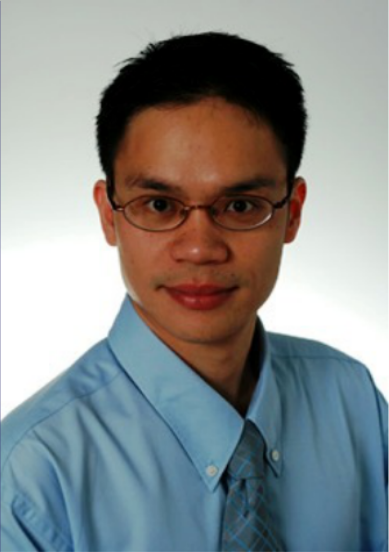
Seminars
December 14, 2018: Prof. Dusit Niyato (Nanyang Tech. Univ., Singapore), Introduction to Blockchain and Mining/Consensus Management
Public blockchain networks using proof of work-based consensus protocols are considered to be a promising platform for decentralized database management. In order to maintain a secured, universal state of the blockchain, proof of work-based consensus protocols financially incentivize the nodes in the network to compete for the privilege of block generation through cryptographic puzzle solving. For rational consensus nodes, i.e., miners with limited local computational resources such as mobile devices, offloading the computation load for proof of work to the cloud/fog providers becomes a viable option. In this talk, we first introduce a general concept of blockchain and mining/consensus management. We then present incentive mechanisms based on game theoretic models to optimize the mining strategies of the miners. Some future research directions are then discussed.
Speaker: Prof. Dusit Niyato, Nanyang Tech. Univ.
Time: 15:30, Friday, December 14, 2018
Venue: E3-212, 144 Xuan Thuy, Cau Giay, Hanoi

Dusit Niyato is currently a professor in the School of Computer Science and Engineering and, by courtesy, School of Physical & Mathematical Sciences, at the Nanyang Technological University, Singapore. He received B.E. from King Mongkuk’s Institute of Technology Ladkrabang (KMITL), Thailand in 1999 and Ph.D. in Electrical and Computer Engineering from the University of Manitoba, Canada in 2008. He has published more than 380 technical papers in the area of wireless and mobile networking, and is an inventor of four US and German patents. He has authored four books including “Game Theory in Wireless and Communication Networks: Theory, Models, and Applications” with Cambridge University Press. He won the Best Young Researcher Award of IEEE Communications Society (ComSoc) Asia Pacific (AP) and The 2011 IEEE Communications Society Fred W. Ellersick Prize Paper Award. Currently, he is serving as a senior editor of IEEE Wireless Communications Letter, an area editor of IEEE Transactions on Wireless Communications (Radio Management and Multiple Access), an area editor of IEEE Communications Surveys and Tutorials (Network and Service Management and Green Communication), an editor of IEEE Transactions on Communications, an associate editor of IEEE Transactions on Mobile Computing, and IEEE Transactions on Cognitive Communications and Networking. He was a guest editor of IEEE Journal on Selected Areas on Communications. He was a Distinguished Lecturer of the IEEE Communications Society for 2016-2017. He was named the 2017 and
